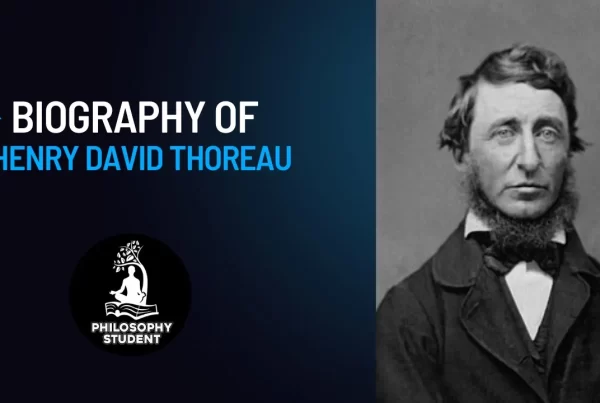Based in the Ionian colony of Elea (modern-day Velia) in southern Italy, and primarily associated with Parmenides (early fifth century BC) and Melissus of Samos (mid fifth century BC), the Eleatic school shared the Pythagorean disregard for the changeable world of everyday appearances and argued that true being was neither created, changed, nor destroyed. Parmenides is credited here with offering an early example of a deductive argument for his claims, based on considerations of thought and language: We cannot have knowledge of something that does not exist (nor can we speak intelligently of it). Change implies the creation or destruction of something that either did not previously exist or that no longer exists; therefore, we cannot know (or even speak about) anything that changes. A similar line of thought also establishes that everything that exists is one and the same, presumably on the grounds that a plenum of unchangeable entities would be redundant. While there are clearly problems with this argument, the importance of the Eleatic school lies in its methodological approach, and the attempt to reason from first principles rather than transmit mystical inspiration.
Trending Post
Books
-
 Discipline Is Destiny: The Power of Self-Control (The Stoic Virtues Series)
$15.99
Discipline Is Destiny: The Power of Self-Control (The Stoic Virtues Series)
$15.99
-
 Stillness Is the Key
$7.99
Stillness Is the Key
$7.99
-
 Right Thing, Right Now: Justice in an Unjust World (The Stoic Virtues Series)
$28.00
Right Thing, Right Now: Justice in an Unjust World (The Stoic Virtues Series)
$28.00
-
 How to Think Like a Roman Emperor: The Stoic Philosophy of Marcus Aurelius
$13.12
How to Think Like a Roman Emperor: The Stoic Philosophy of Marcus Aurelius
$13.12
-
 Letters from a Stoic: Penguin Classics
$14.52
Letters from a Stoic: Penguin Classics
$14.52
biographies
-
 Zeno of Elea December 3, 2023
Zeno of Elea December 3, 2023 -
 Zeno of Citium December 3, 2023
Zeno of Citium December 3, 2023 -
 Xenophanes December 3, 2023
Xenophanes December 3, 2023 -
 Wittgenstein, Ludwig December 3, 2023
Wittgenstein, Ludwig December 3, 2023 -
 Voltaire (François-Marie Arouet) December 3, 2023
Voltaire (François-Marie Arouet) December 3, 2023 -
 Venn, John December 3, 2023
Venn, John December 3, 2023 -
 Turing, Alan Mathison December 3, 2023
Turing, Alan Mathison December 3, 2023 -
 Thoreau, Henry David December 3, 2023
Thoreau, Henry David December 3, 2023 -
 Thales of Miletus December 3, 2023
Thales of Miletus December 3, 2023 -
 Spinoza, Baruch December 3, 2023
Spinoza, Baruch December 3, 2023 -
 Socrates December 3, 2023
Socrates December 3, 2023 -
 Smith, Adam December 3, 2023
Smith, Adam December 3, 2023 -
 Seneca December 3, 2023
Seneca December 3, 2023 -
 Schopenhauer, Arthur December 3, 2023
Schopenhauer, Arthur December 3, 2023 -
 Schleiermacher, Friedrich December 3, 2023
Schleiermacher, Friedrich December 3, 2023
Recent Posts
The Atomos Blog
- Atomos
- AESTHETICS
- ENVIRONMENTAL PHILOSOPHY
- EPISTEMOLOGY
- ETHICS
- EXISTENTIALISM AND PHENOMENOLOGY
- FEMINIST PHILOSOPHY
- GLOBAL AND COMPARATIVE PHILOSOPHY
- HISTORICAL PERIODS OF PHILOSOPHY
- LOGIC
- METAPHYSICS
- PHILOSOPHY OF EDUCATION
- PHILOSOPHY OF HISTORY
- PHILOSOPHY OF LANGUAGE
- PHILOSOPHY OF LAW
- PHILOSOPHY OF MIND
- PHILOSOPHY OF SCIENCE
- PHILOSOPHY OF TECHNOLOGY
- POLITICAL AND SOCIAL PHILOSOPHY
















